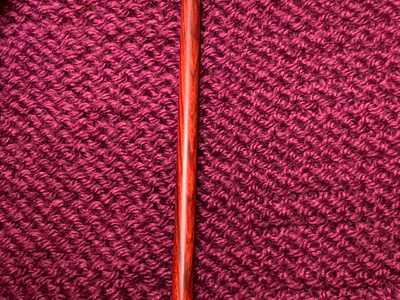
PTBL
The ptbl (meaning "Purl through the back loop", also called "twisted purl stitch") produces a twisted purl stitch.

The ptbl (meaning "Purl through the back loop", also called "twisted purl stitch") produces a twisted purl stitch.
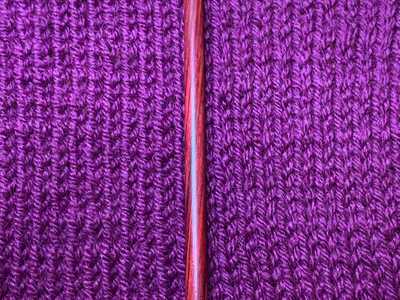
The ktbl (meaning "Knit through the back loop", also called "twisted knit stitch") produces a twisted knit stitch.
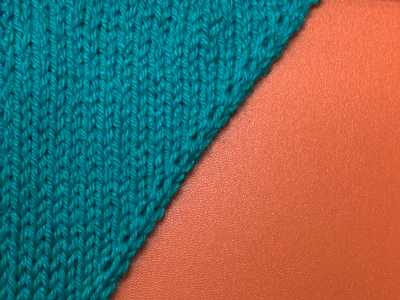
The M1R (which stands for "Make One Right") is a right-leaning increase stitch.
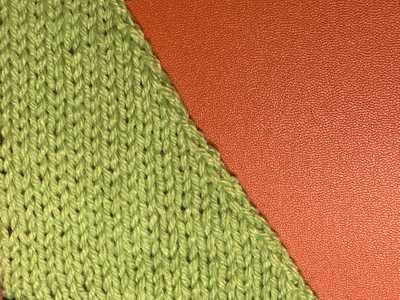
The M1L (which stands for "Make One Left") is a left-leaning increase stitch.
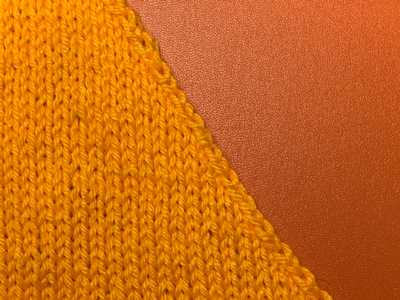
The SSK (which stands for "Slip, Slip, Knit") is a left-leaning decrease stitch. It is worked across two stitches from the left needle and forms a single stitch on the right, decreasing by one.
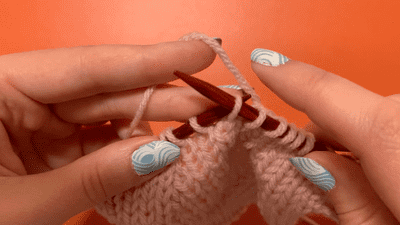
A _slip stitch_ (abbreviated "sl" in patterns) is worked by passing a stitch from the left needle to the right without wrapping the yarn. It can be slipped _knitwise_ or _purlwise_ depending on how the needle is inserted.
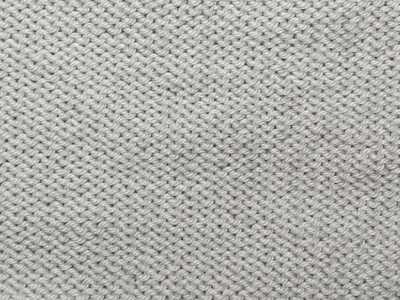
Reverse stockinette stitch is formed by swapping the order of the knit & purl rows in stockinette stitch. It forms a fabric that looks very similar to garter stitch, but which is smoother and more compact.
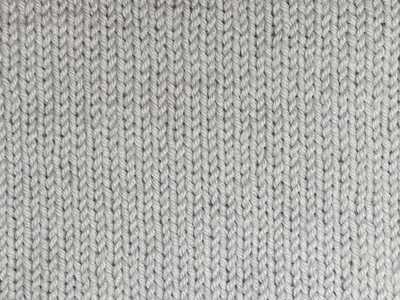
Stockinette stitch is what most people think of when they think of knitting. It creates a smooth, flat fabric characterized by rows and columns of “V” shaped stitches, ideal for showing off colorwork.
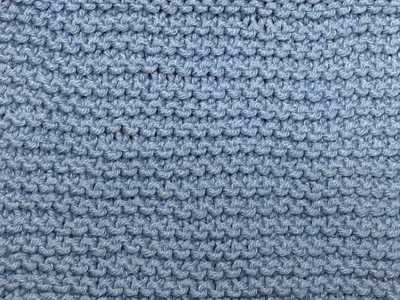
Garter stitch creates a textured, squishy fabric characterized by “garter ridges”. It is identical on both sides.
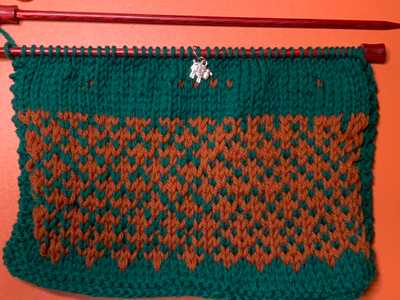
Traditionally, we think of stranded knitting as being done in stockinette and in the round, usually for making garments like hats and sweaters. The significance of this is that typically you only ever need to use the knit stitch, because stockinette is achieved in the round by knitting every row.
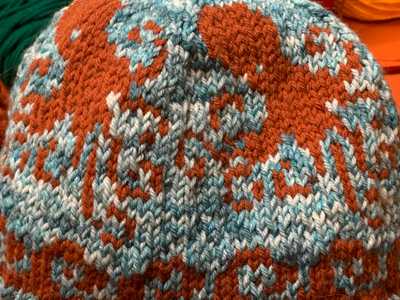
When working stranded knitting with multiple colors per row, maintaining even floats is extremely important.
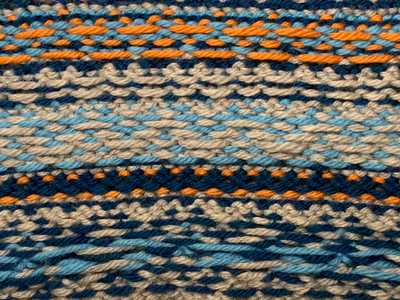
It is more important than ever to maintain consistent tension when working stranded knitting, especially when dealing with floats.
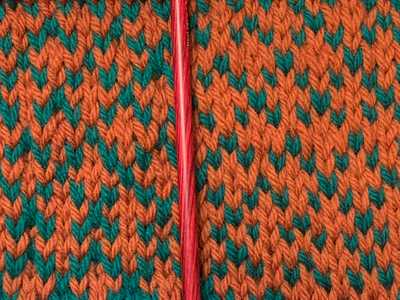
Yarn (or Color) Dominance refers to the tendency of one color to stand out more in two-color.
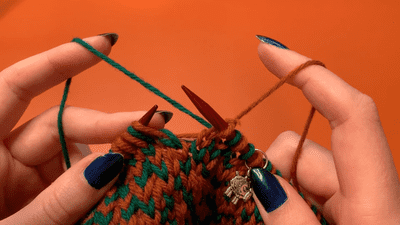
This one's a long one! _Knitting with one strand Continental and one strand English, one popular approach to stranded knitting._
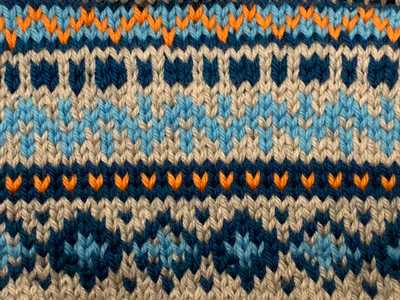
Stranded Knitting is a popular technique for knitting with more than one color yarn. With this technique, the knitter holds all of the working yarn simultaneously.
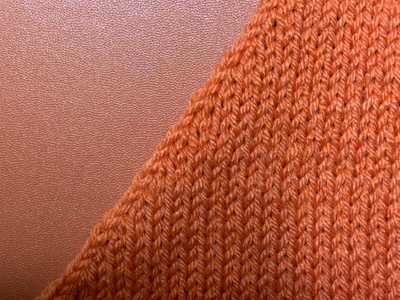
The k2tog (which stands for “Knit Two Together”) is a right-leaning decrease stitch. It is worked across two stitches from the left needle and forms a single stitch on the right, decreasing by one.
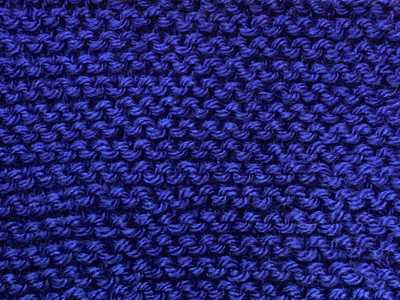
The **purl stitch** is the second fundamental stitch of knitting. In a knitting pattern it is represented by the abbreviation “p”.
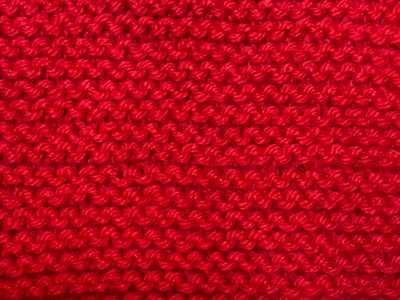
The basic fundamental stitch in knitting is called, appropriately enough, the knit stitch. In a knitting pattern it is represented by the abbreviation "k".
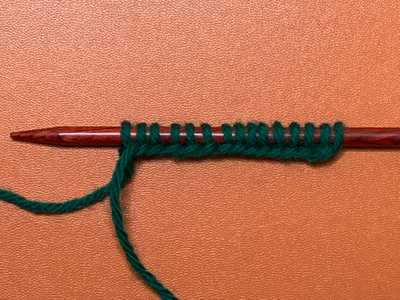
The long tail cast on is one of the most commonly used cast-on techniques. Although it can look intimidating at first, once mastered it is a quick and easy way of starting a project.
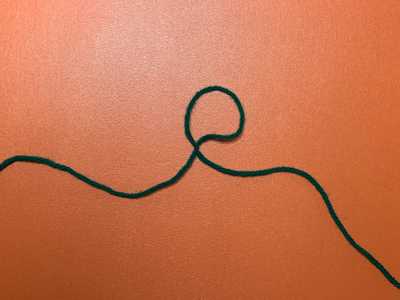
A slip knot creates a loop of yarn which can be easily loosened and tightened by tugging on the working yarn.